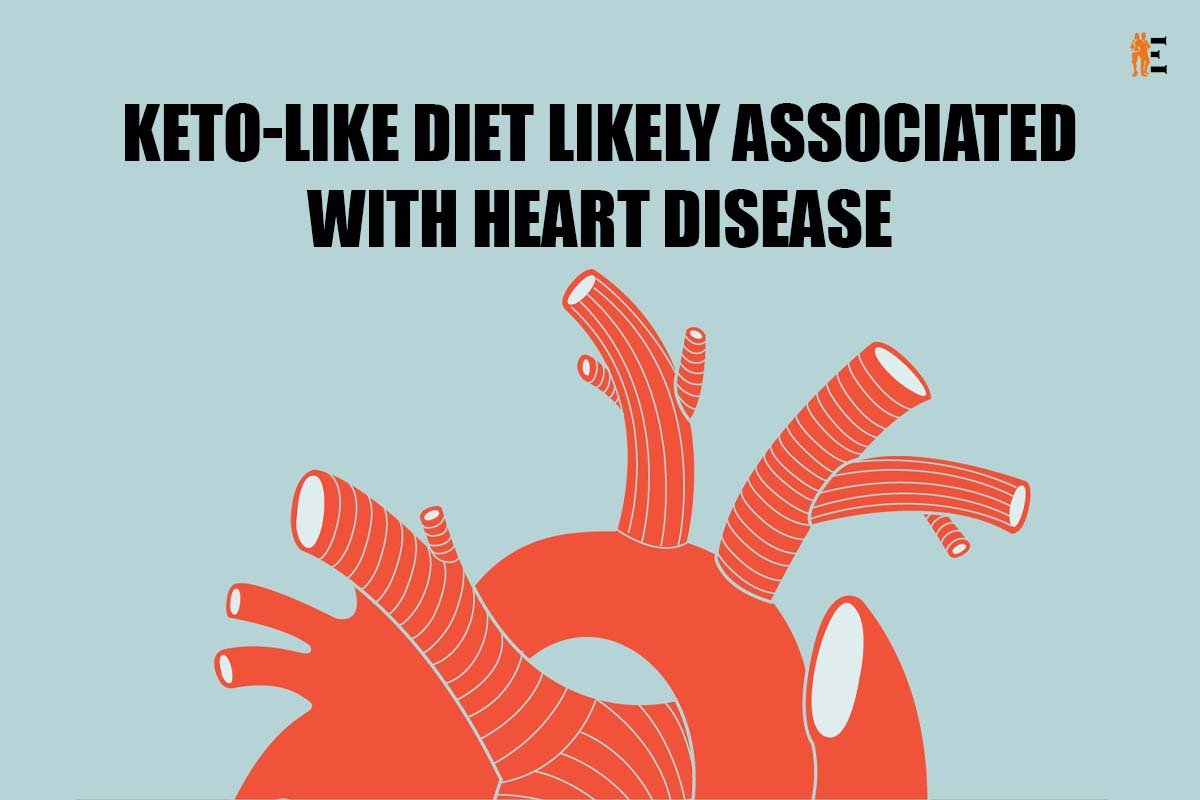A new study has suggested that following a “keto-like” diet may be associated with an increased risk of heart disease. The research, which was published in the British Journal of Nutrition, analyzed the diets of more than 1,000 adults in the UK over a period of five years.
The “keto-like” diet is a low-carbohydrate, high-fat diet that is similar to the ketogenic diet, which has gained popularity in recent years. The diet aims to promote weight loss by putting the body into a state of ketosis, where it burns fat for energy instead of carbohydrates.
However, the new study suggests that the diet may have negative effects on cardiovascular health. The researchers found that participants who followed a “keto-like” diet had higher levels of LDL cholesterol, also known as “bad” cholesterol, compared to those who followed a balanced diet.
What is causing the increased heart risk?
The study also found that participants who followed a “keto-like” diet had higher levels of a protein called ApoB, which is associated with an increased risk of heart disease. These findings suggest that following a “keto-like” diet may increase the risk of developing cardiovascular disease.
The study’s lead author, Dr. Maciej Banach, said in a statement, “Our findings suggest that a ‘keto-like’ diet may have adverse effects on cardiovascular health, especially in the long term. These findings are particularly concerning given the popularity of low-carbohydrate, high-fat diets and the fact that they are often promoted as a way to improve cardiovascular health.”
The study has sparked controversy in the health and wellness community, with some experts questioning its findings. Some argue that the study did not account for other factors that may have contributed to the participants’ cardiovascular health, such as exercise habits and smoking.
Others argue that the study’s findings are not surprising, as previous research has suggested that diets high in saturated fat can increase the risk of heart disease. However, some experts also point out that not all fats are created equal, and that the type of fat consumed may also play a role in cardiovascular health.
The new study highlights the importance of a balanced diet that includes a variety of foods, including fruits, vegetables, whole grains, and lean proteins. While the “keto-like” diet may be effective for weight loss, it is important to consider its potential impact on overall health and well-being.
Do keto diets cause heart disease?
How to safely follow a keto diet?
In response to the study, some experts have called for further research to be conducted on the effects of the “keto-like” diet on cardiovascular health. Others have suggested that individuals who follow the diet should consult with a healthcare professional to determine the best course of action for their individual needs and health concerns.
In conclusion, the new study suggests that following a “keto-like” diet may be associated with a higher risk of heart disease. While the diet may be effective for weight loss, it is important to consider its potential impact on overall health and well-being. As with any dietary change, it is important to consult with a healthcare professional to determine the best course of action for individual needs and health concerns.
Also read: 9 Symptoms of Stroke you Should Not Ignore











